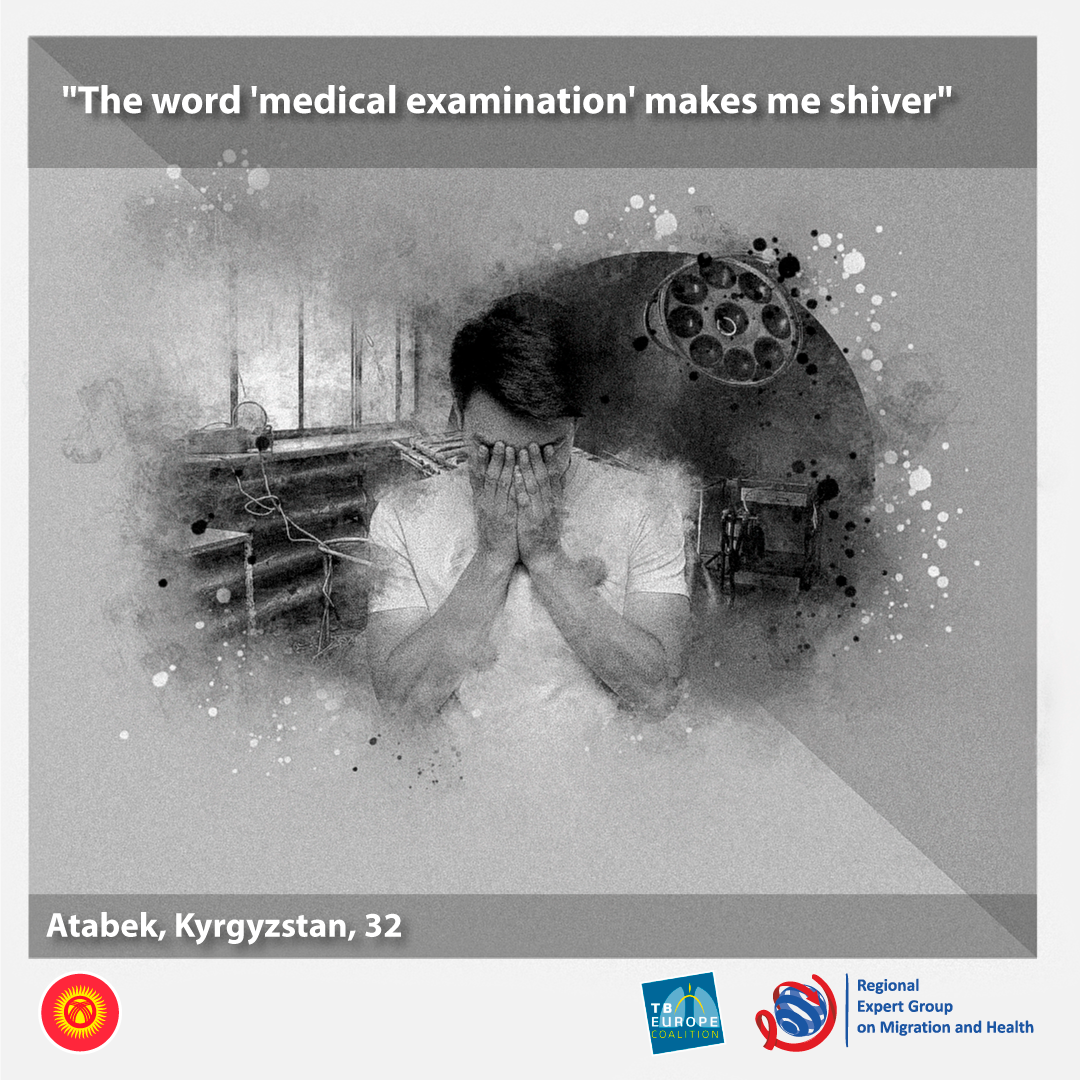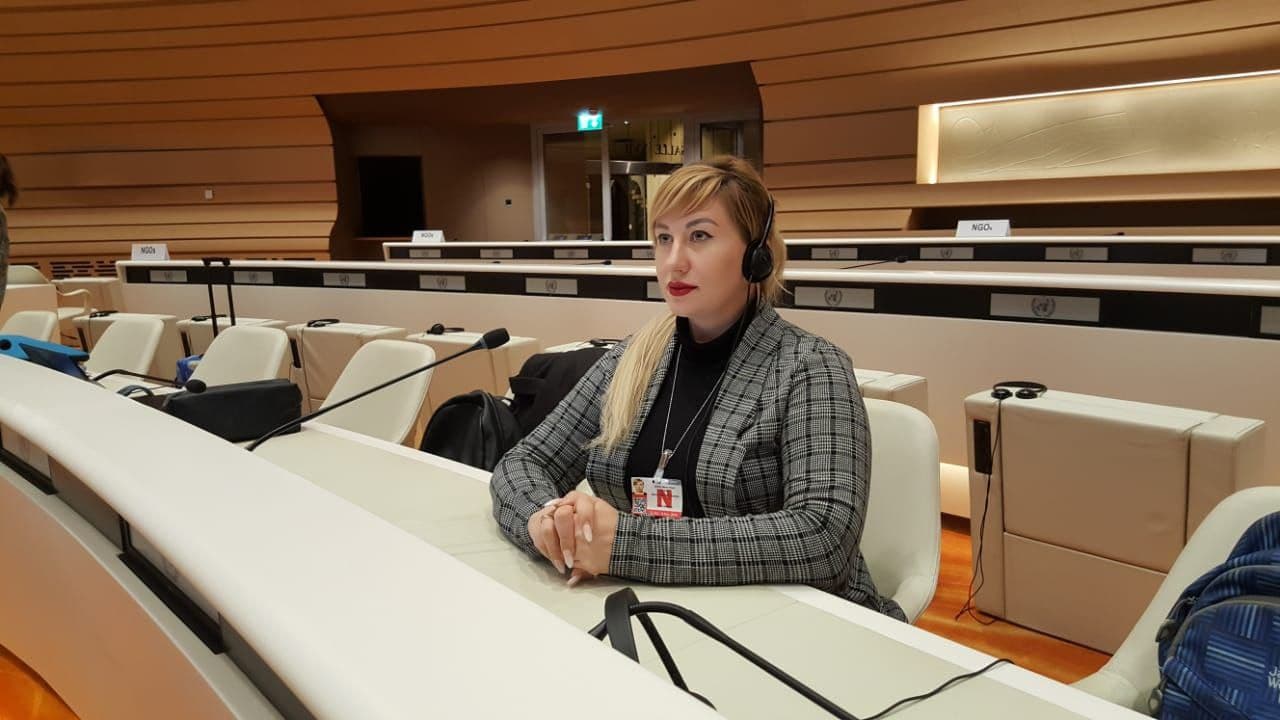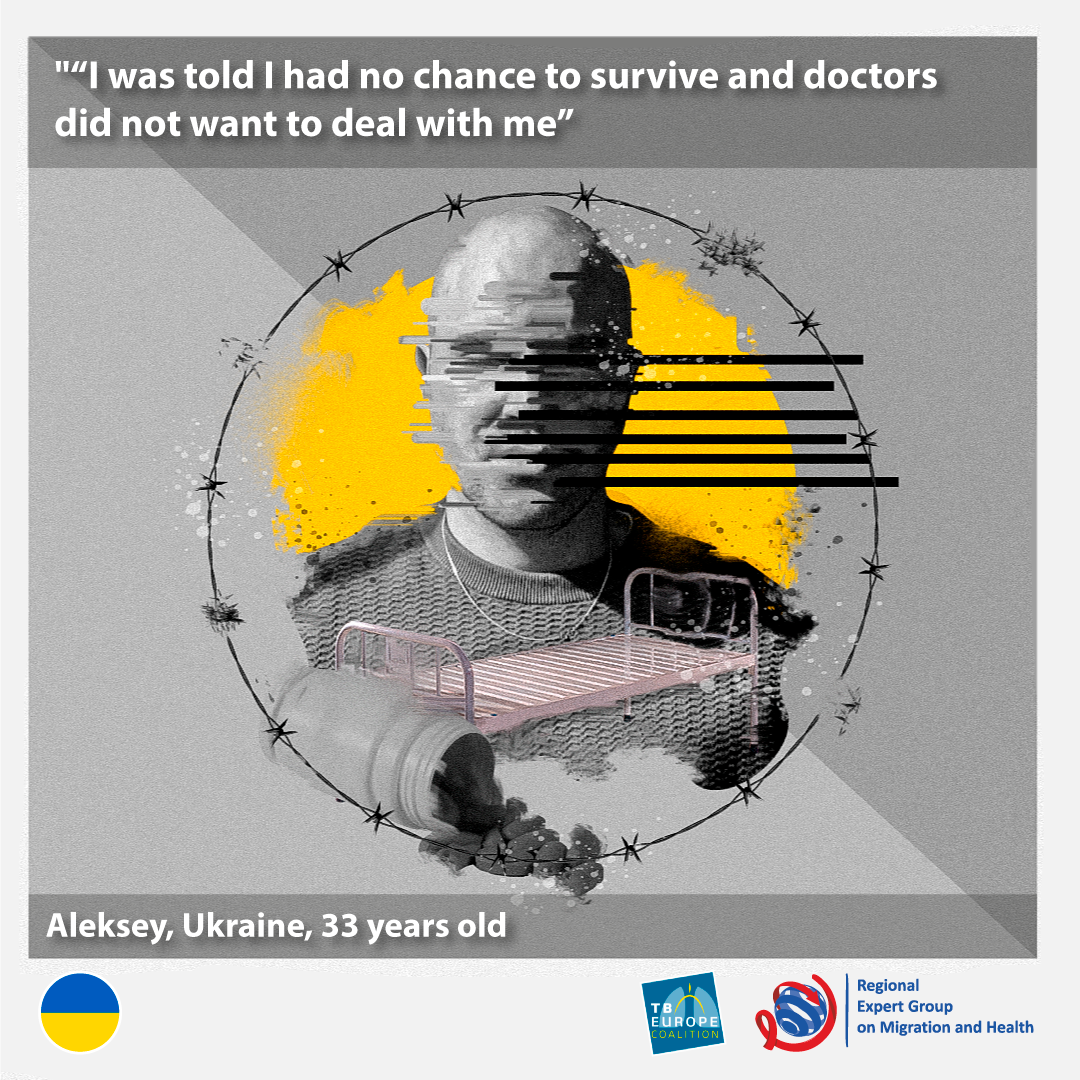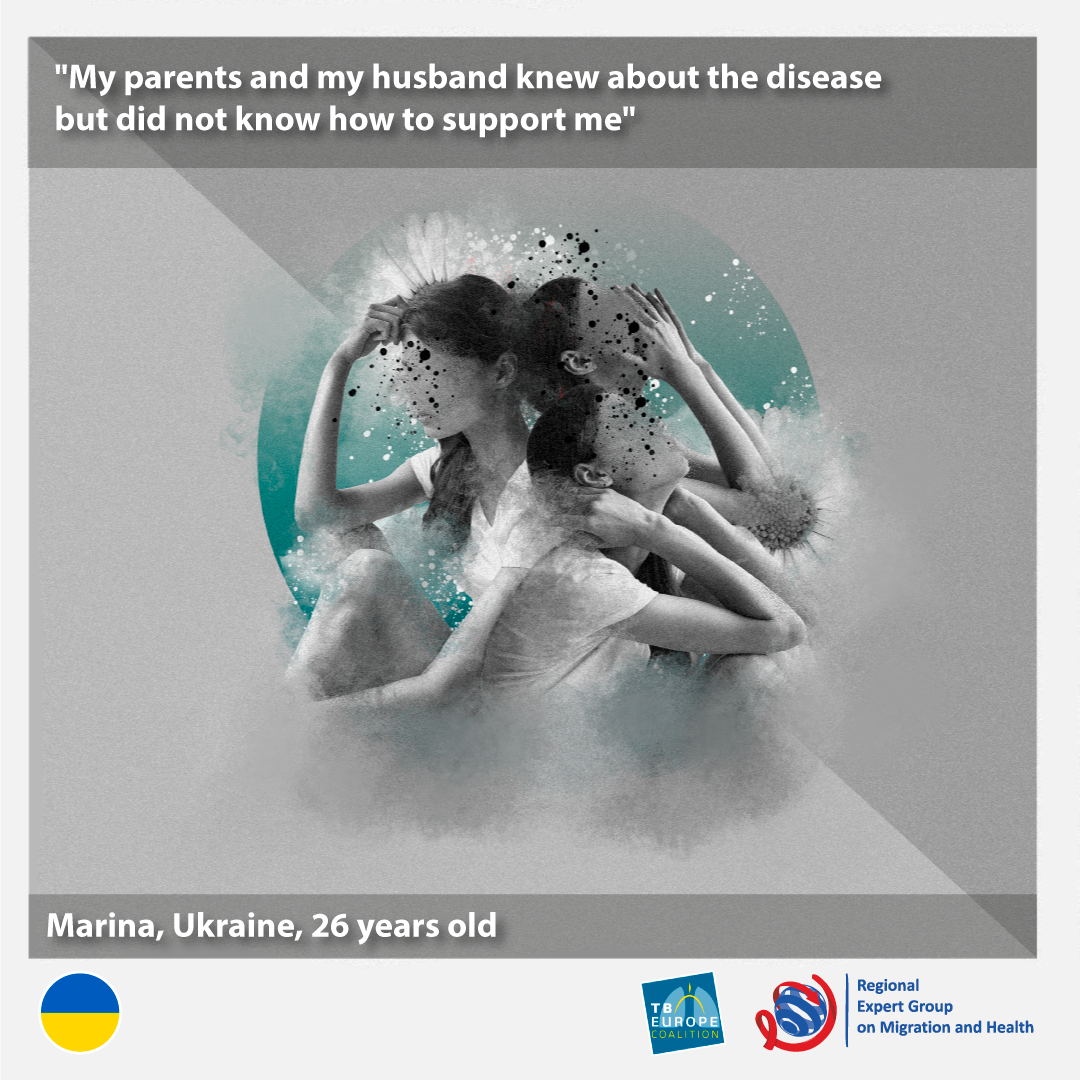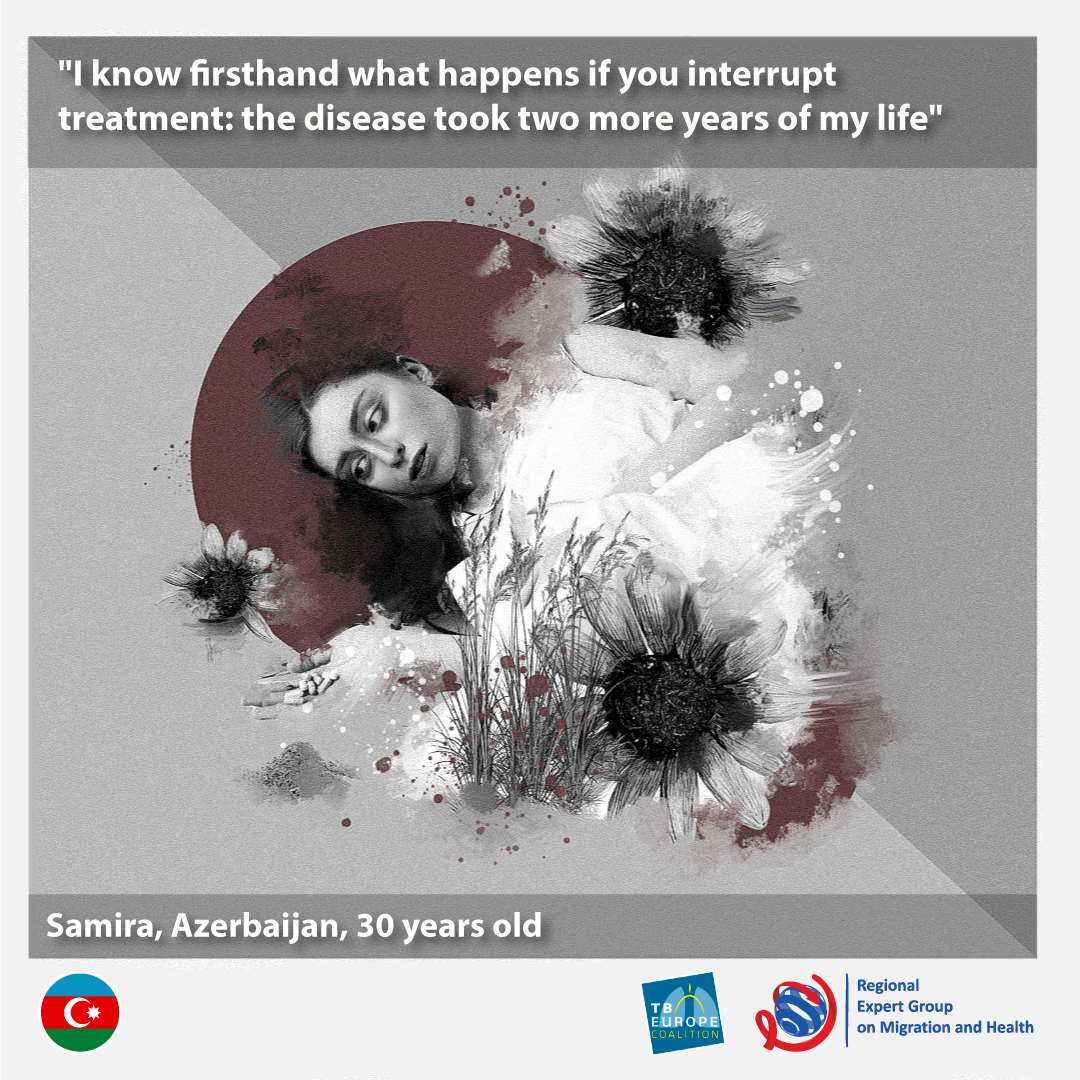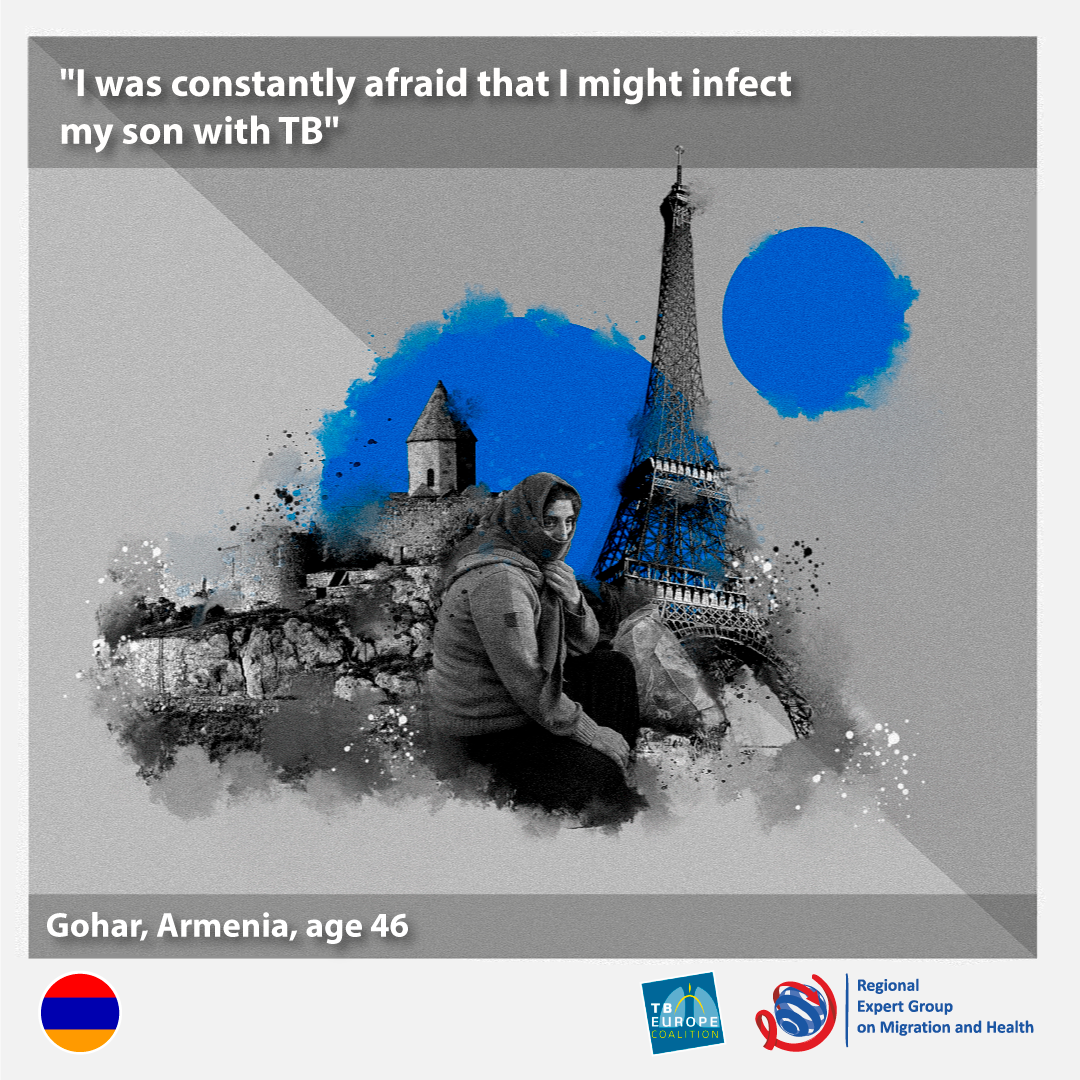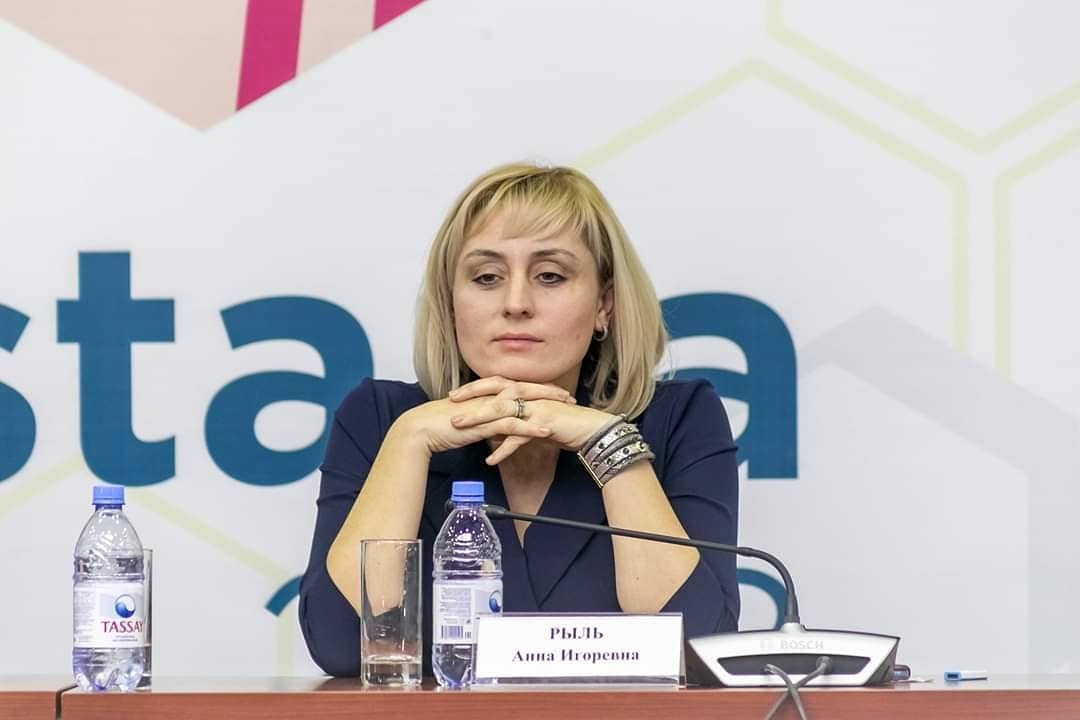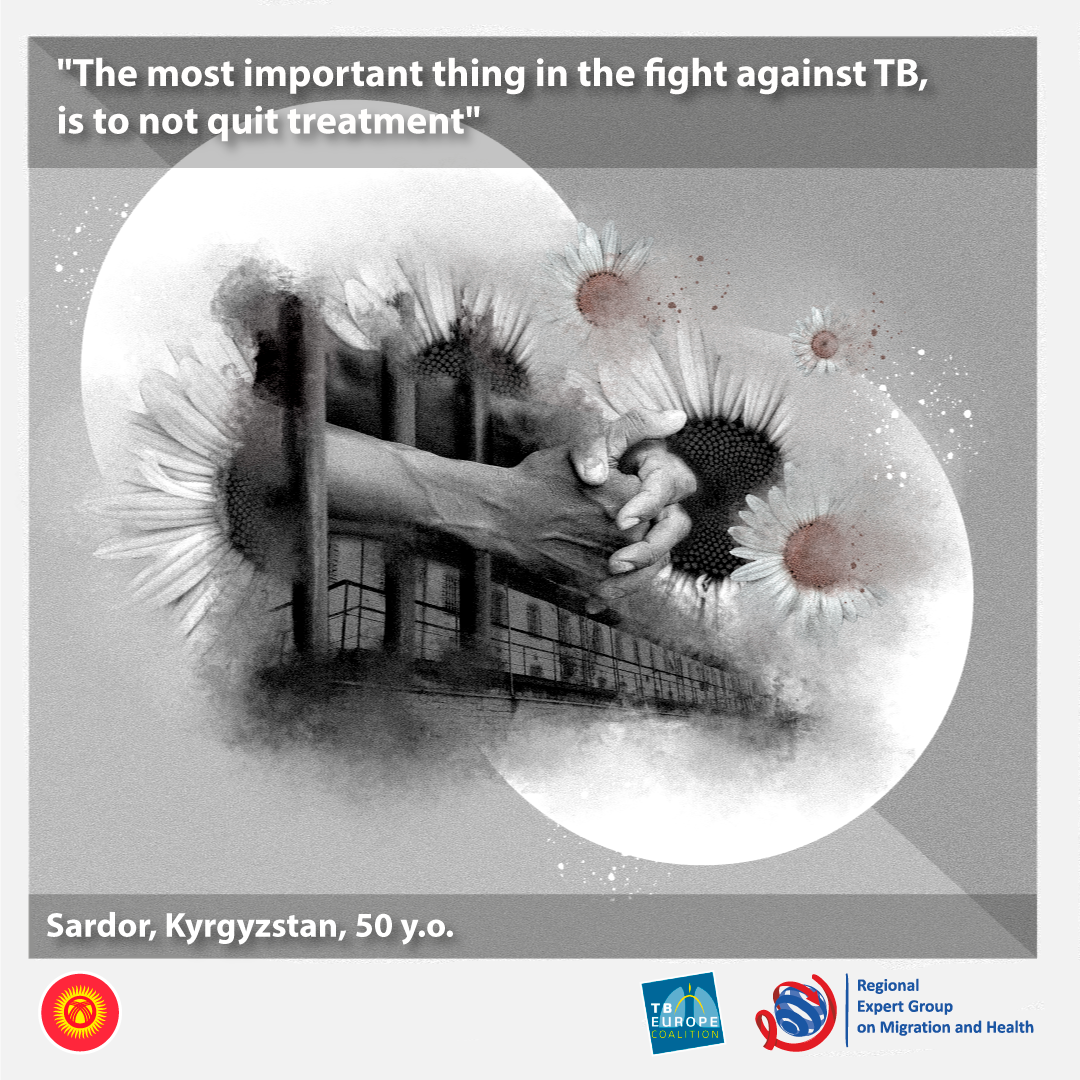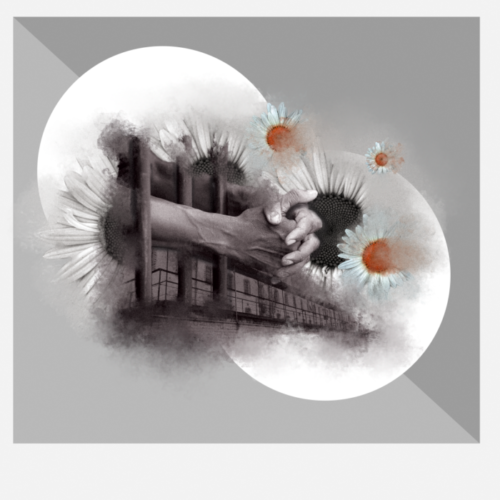I was born in the south of Kyrgyzstan, in the oil field workers’ town of Kochkor-Ata, we have quite a large oil field there. My mother raised me and my two sisters; my father passed away when I was five. After school, I went to Bishkek and enrolled in the Faculty of International Relations at
Atabek, Kyrgyzstan, 32: “The word ‘medical examination’ makes me shiver”
